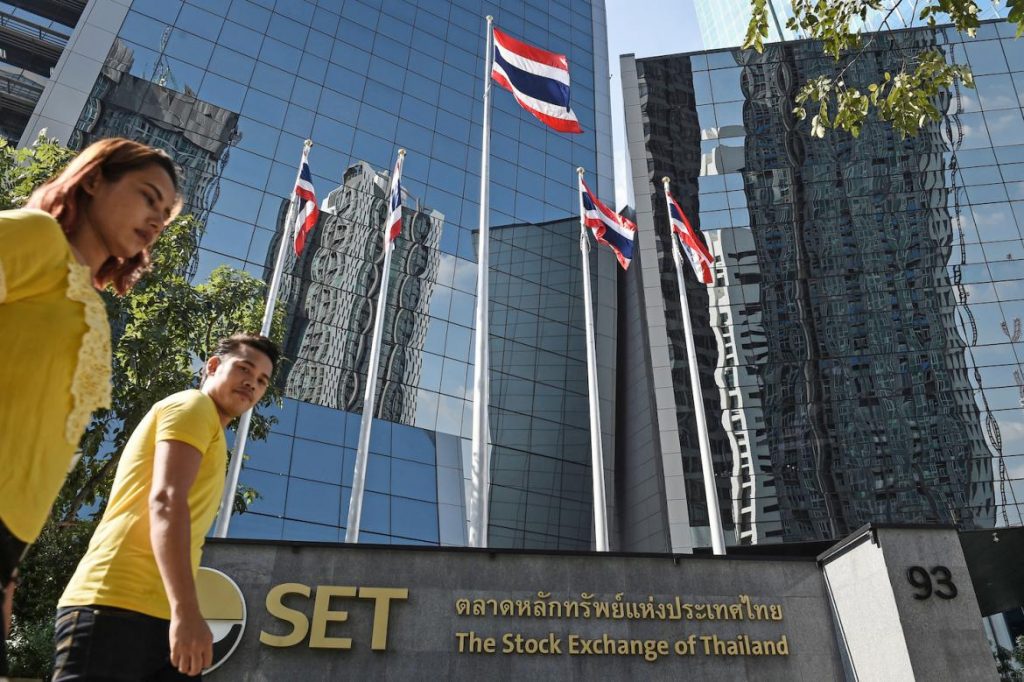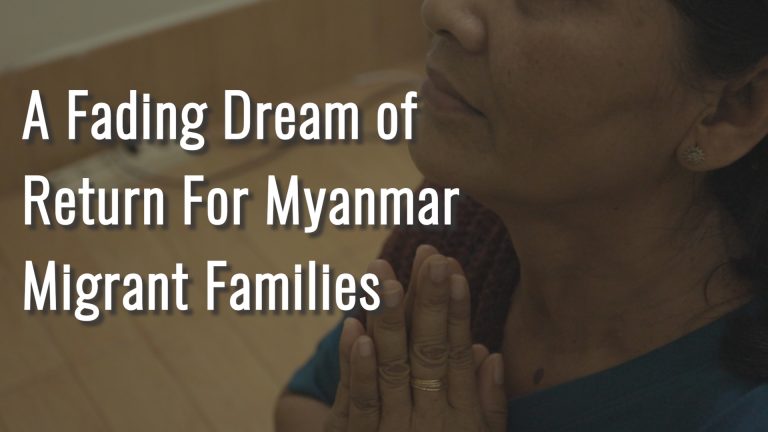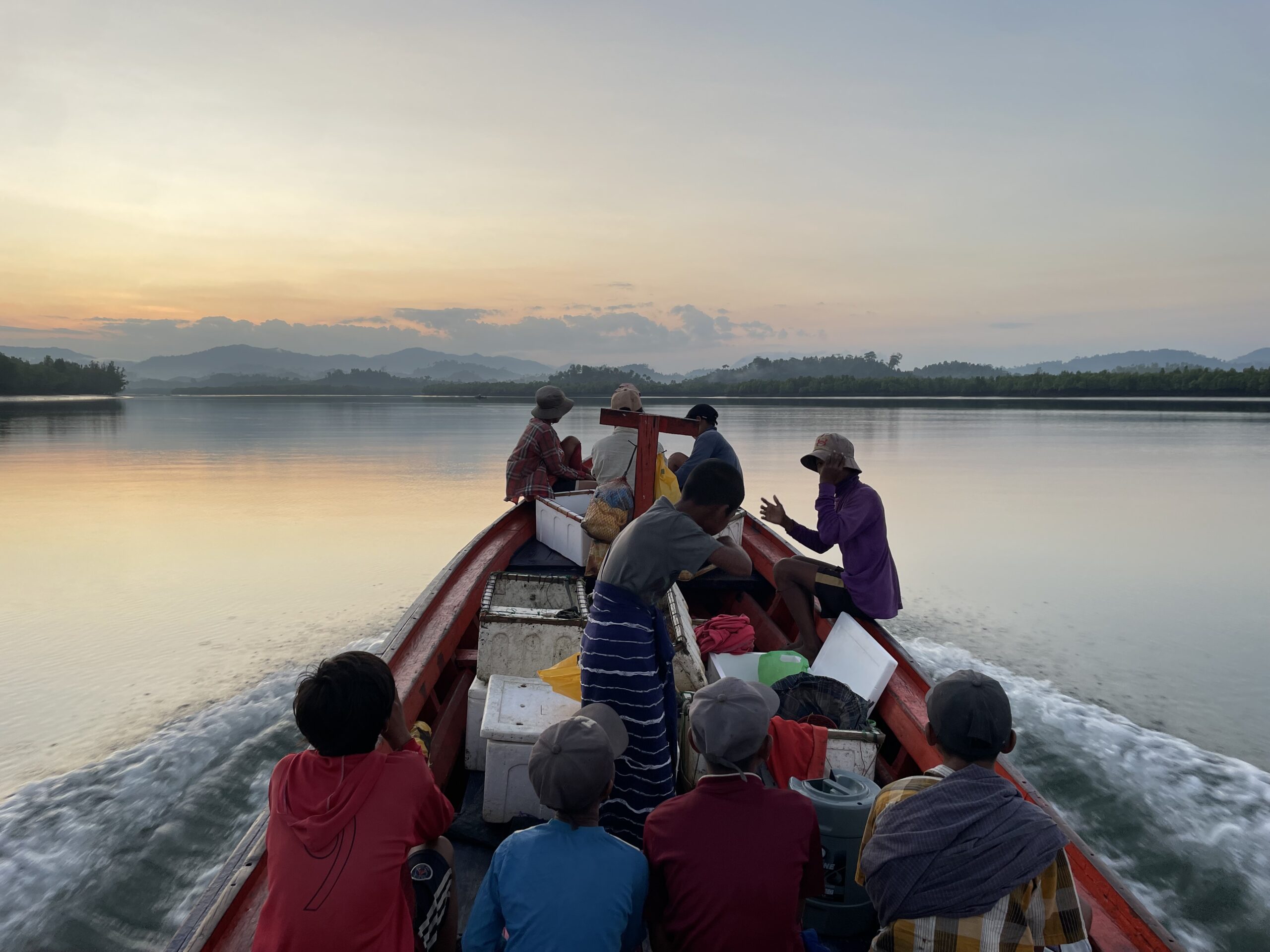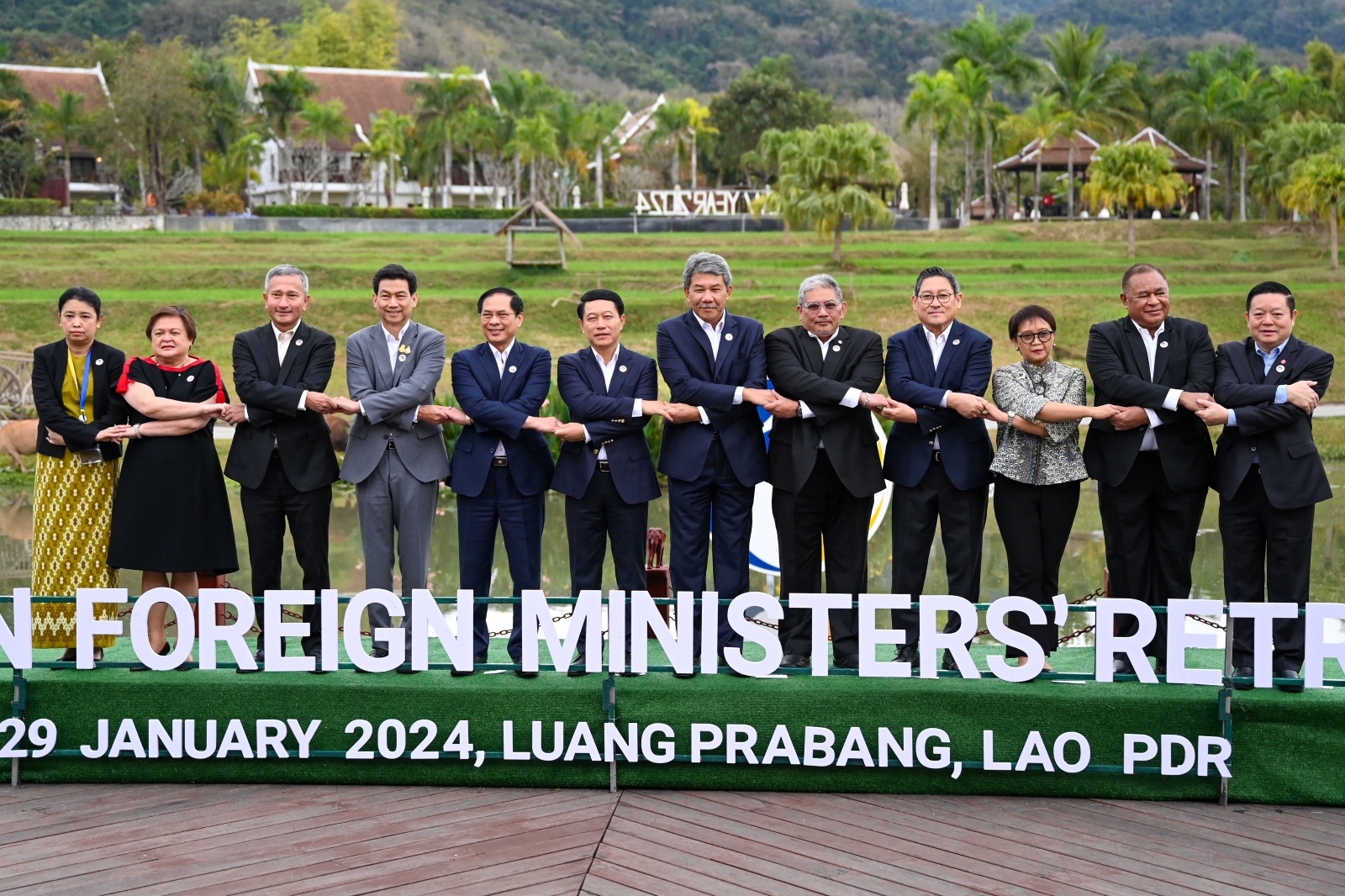Thailand could be the gateway for Myanmar to diversify its borrowing sources by issuing unrated sovereign bonds in a market that is familiar with the country, as Laos did successfully in 2013.
By ADISORN SINGHSACHA and SURAPORN KOETSAWANG
For many, borrowing holds a negative connotation. But for most emerging markets, foreign borrowing or external financing is unavoidable – there’s simply not enough domestic capital available to meet lending needs.
Governments have a range of options for raising funds. One is to borrow domestically by issuing bonds. But if these are too large or frequent, they can create a situation where there’s not much capital left for the business sector or for private borrowing. Interest rates will then typically rise, negatively impacting the economy.
International development agencies or foreign government-sponsored lending facilities are a common source of funds for emerging markets. These loans often come with low interest rates, but they also come with strings attached, such as fixed conditions on the projects being financed. As economists say, “There is no such thing as a free lunch.”
Countries can also borrow from international commercial banks. This type of borrowing indicates a higher maturity stage as a market mechanism is now in charge. Still, though, the choices are often limited to traditional borrowing and come with conditions.
Support more independent journalism like this. Sign up to be a Frontier member.
When they have relatively few options, a borrower can find themselves getting a raw deal. A creditor has more power when negotiating a deal if it knows the borrower has few alternatives.
To overcome this, a country can expand its sources of potential funding – that is, establishing a debt market with global exposure. And that means issuing sovereign bonds.
Foreign markets as Myanmar’s financial platform
Sovereign bonds are simply government bonds issued domestically or abroad, in either domestic or foreign currency.
At this point, a country has to decide: is it necessary to jump into the bond market when the country can still borrow from financial institutions with relative ease?
If Myanmar thinks a sovereign bond is worth considering, the next question would be: where should it issue its sovereign bond?
Since Myanmar is still considered a “frontier” market for traditional global investors, turning to major international financial markets may prove challenging. Investors may not feel comfortable with investing in the bonds of a country they are not familiar with and one that is perceived to have a high level of risk.
The most favourable market for Myanmar to issue its debut sovereign bond would be one that knows Myanmar well.
There are a few options, but Thailand is certainly one country that should be considered.
Foreign direct investment: go with who you know
Back in the 1980s, Thailand did not have a dire need to borrow from the global market. It could have continued relying on financial institution borrowings, at least for a while. But with the economy still weak, the kingdom needed to identify alternative sources of capital in the long run.
But when you’re a country without a credit rating, and one that is effectively unknown in the international market, how do you attract global investors? The kingdom approached a market that knew Thailand very well: Japan.
Japan had been a major foreign investor in Thailand for decades. After the revaluation of the Japanese yen following the 1985 Plaza Accord, even more Japanese FDI poured into Thailand. The kingdom became a key manufacturing base for various Japanese industries.
Familiarity with the Thai economy provided comfort to Japan investors. Leading financial institutions – Nomura Securities, Daiwa Securities, Yamaichi Securities and Nikko Securities – came to underwrite with a firm commitment.
Thus was Thailand’s “Samurai Bond” born.
At 600 million yen and with a maturity of three years, the issuance size was not large. But it was enough to serve as a starting point for Thailand to access global debt markets.
The rest is history. The kingdom later launched a US$100 million floating rate note (FRN) in London, proving that the strategy of using Japan’s bond market as a stepping stone had worked.
Thailand’s case shows how non-rated countries can access financing from a relatively mature market that knows the country well, instead of aiming for the global market right away.
How Twin Pine helped Laos tap the Thai market
Over the past decade, Thailand has become a significant financial platform for her northern neighbor. Laos first entered the Thai market in 2013, at a time when it had just attained middle-income country status from the World Bank. That year, the government of Laos raised 1.5 billion baht (approximately $50 million) in its debut “unrated”, three-year sovereign bond (full disclosure: Twin Pine was the advisor of the transaction). The issuance was considered a success because it allowed for more cost-efficient borrowings – something that was acknowledged by development finance institutions such as the Asian Development Bank.
The success of the debut cross-border issuance by the Laos government paved the way for Electricite du Laos Generation (EDL-Gen), the state-owned electricity generation and wholesale company, to also tap the Thai bond market. The proceeds from the company’s debut bond issuance in 2014 of 6.5 billion baht (about $200 million) was used to finance an expansion plan after two rounds of equity financing.
In 2015, with Twin Pine’s assistance, Laos obtained its sovereign rating and launched a successful multi-tranche rated issuance of 12 billion baht ($350 million). It has continued to use Thailand as a financial platform in the years since; by the end of 2018, it had successfully raised the equivalent of $1.8 billion through eight bond issuances, in both US dollar and Thai baht denominations. These transactions were popular with both Thai institutional and high net worth investors.
By issuing bonds in the Thai market, Laos was also able to gain more favourable pricing compared to nations of a similar credit profile that issued sovereign bonds elsewhere. For example, Papua New Guinea launched its debut sovereign US dollar bond in the international market in October 2018 with a 10-year tenor and coupon of 8.375 percent. The Thai baht denominated bonds with a 10-year tenor that Laos issued in November 2018 have a coupon of 6pc (approximately 7pc in US dollar terms).
Myanmar’s private sector is already turning to Thailand. Earlier this year, Singapore-listed Yoma Strategic Holdings, a leading conglomerate with a diversified portfolio of businesses in Myanmar, issued a 2.22 billion baht ($70 million) bond in the Thai market that featured a guarantee from the Credit Guarantee and Investment Facility, a trust fund of the Asian Development Bank. This transaction is a first for a Myanmar-focused company.
Thailand: the land of opportunity?
Myanmar is in a particularly advantageous position due to its low external debt. The country’s economy has relatively good potential and is in need of infrastructure development. Though Myanmar does not urgently need to issue sovereign bonds to diversify its external funding sources, the best time to do so may be now given the country’s rising income status and its own funding requirements. It can start with smaller amounts to lay the groundwork for larger issuances later, an approach that creates optionality as well as a track record to build investor confidence.
Myanmar’s first sovereign bond issuance would be better received in Thailand than other regional markets, let alone global markets like New York or London. By issuing bonds in Thailand, Myanmar could, at least in principle, diversify its borrowing sources, access a larger pool of funding with more flexibility, and start to establish its footprint in the international capital market with minimal costs and risks.
Thailand could be Myanmar’s gateway – opening doors to other investors and opportunities for this frontier economy.
Adisorn Singhsacha is the founder and CEO of Twin Pine Group, a boutique advisory firm providing fundraising and merger and acquisitions solutions that has helped clients in the Greater Mekong Sub-region raise more than US$3 billion. He has more than 20 years of experience in banking and finance, having previously worked for EFG Bank (Singapore) and Standard Chartered Bank & HSBC (Thailand).
Suraporn Koetsawang has more than 30 years of experience in the banking industry, much of it focused on treasury and risk management, and is an advisor at Twin Pine Group.







